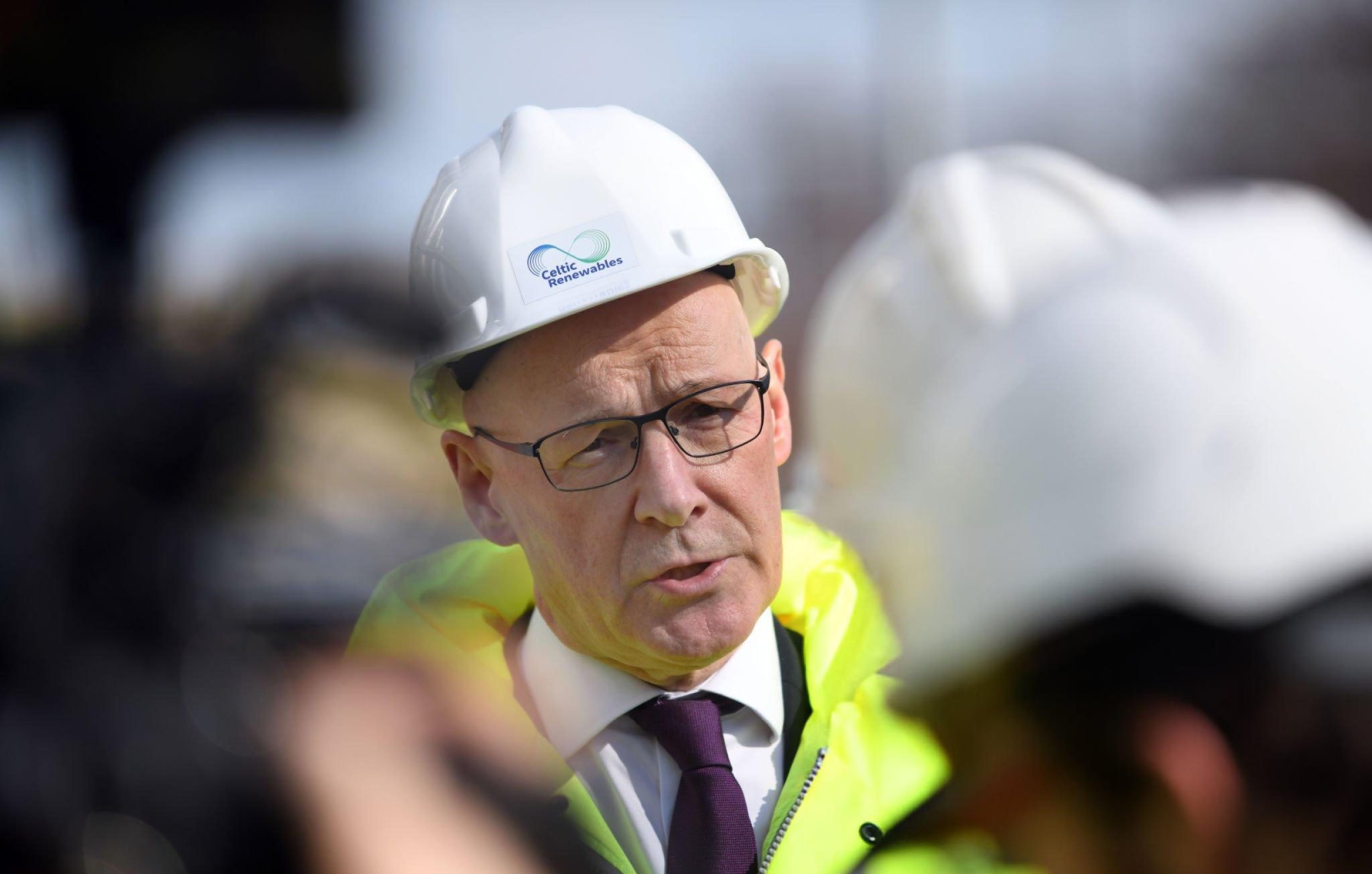Scotland’s First Minister has demanded a “big and bold response” from the UK Government following President Donald Trump’s decision to impose sweeping new tariffs on international trade, including a 25% charge on vehicle exports.
John Swinney, leading the Scottish National Party (SNP), said the UK Government must revise its economic approach amid what he described as a rapidly shifting global landscape. Speaking from New York, where he is attending Tartan Week to promote Scottish business and culture, Mr Swinney urged Chancellor Rachel Reeves to both rewrite her fiscal rules and reverse the recent increase in employer national insurance contributions.
“The economic landscape has changed dramatically by the tariff announcement last week, and it needs to have a big and a bold response from the UK Government,” the First Minister told the PA news agency. “Companies in Scotland are facing a double whammy: punitive US tariffs and rising employment costs here at home.”
Tariffs imposed by Mr Trump include a 25% charge on cars and new levies on steel and aluminium exports, hitting key Scottish industries. Mr Swinney warned that unless the UK Government changes course, Scottish firms could be left increasingly vulnerable.
“Her fiscal rules were written at a time that did not foresee the type of economic damage that will come from tariffs,” he said, criticising Ms Reeves’ economic strategy. “They are completely serving us ill in the current context.”
He also highlighted the burden created by Sunday’s rise in employer national insurance, calling it a “significant rise to business costs” at a time when many firms are already under strain.
“The second thing is that the UK Government has got to reverse the employer national insurance contributions increase,” he said. “All they will do is increase the cost of doing business, increase the cost of creating jobs, and we need to reduce the cost of creating jobs. The UK Government has got to act boldly to address that issue immediately.”
Despite the stark warnings, Mr Swinney expressed optimism about Scotland’s global reputation. “There’s still a great deal of encouragement and confidence about Scotland’s attractiveness to investors,” he said, citing meetings with US-based firms.
President Trump, meanwhile, has continued to frame his tariff policies as a matter of national pride, declaring last week “liberation day” for American workers. He has threatened to escalate the trade dispute by imposing even higher tariffs on Chinese goods, prompting fears of a broader global economic downturn.
Prime Minister Sir Keir Starmer, visiting the Jaguar Land Rover plant in the West Midlands, acknowledged the growing concerns, stating: “This is a moment for cool heads. Nobody wins from a trade war.”
Sir Keir has offered flexibility in the UK’s zero emission vehicle (ZEV) mandate to help car manufacturers facing the steep new tariffs. Hybrid vehicles that cannot be charged by plugging in will now be allowed until 2035, though the 2030 ban on new petrol and diesel vehicles remains in place.
Chancellor Reeves, who joined the Prime Minister on his visit, stood firm on the Government’s current economic strategy. “Economic stability is the basic condition to secure economic growth,” she said. “It is why this Government has stuck to its fiscal rules in the spring statement, even when they were tested.”
While offering targeted support to sectors “most exposed to trade shocks,” she also insisted the UK must “go further and faster to capitalise on new opportunities in this changing world.”
Ms Reeves added: “Improving the UK’s competitiveness is how we will make our country less exposed to global shocks – and more resilient to uncertainty.”
But Mr Swinney was not convinced. “We’re operating now in a fundamentally different context,” he said. “And that has to be acknowledged by the UK Government. It’s time they stepped up.”






